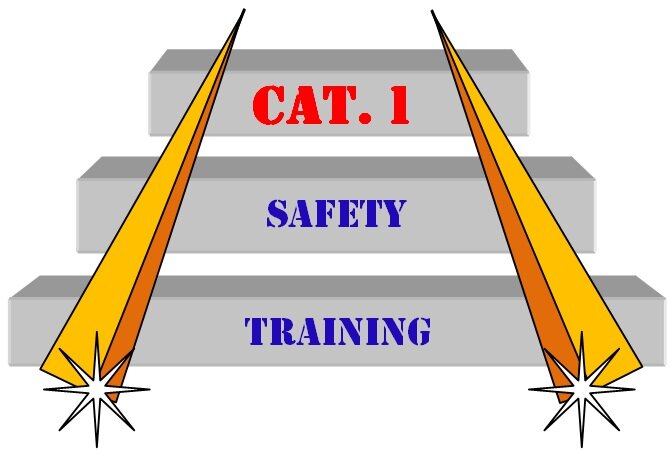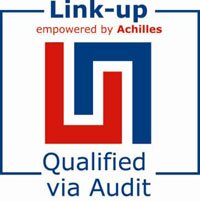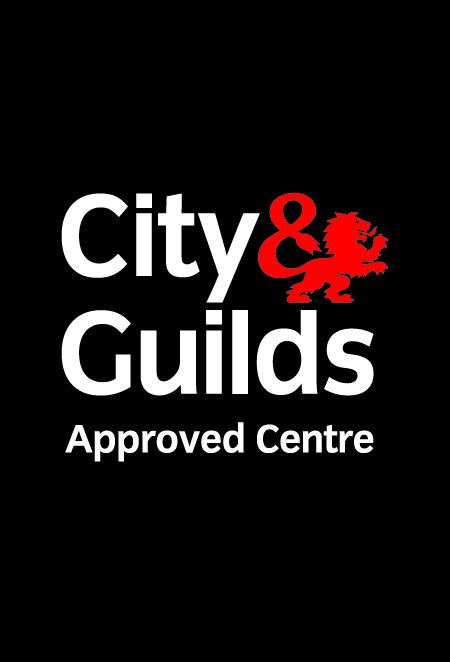Our reputation has been built on London Underground and Network Rail Approved Track Training , using only trainers with operational experience the growth of the business has expanded. To ensure https://ebac.mx/analista-de-datos the standards of both the content and delivery, we equipped our team with all the professional training qualifications required.
This organic development has led us to deliver City & Guilds qualifications Assessing (A1), Training and Development Level 3 (7317 & 7318) and Verifying (V1) qualifications, and also Rail Engineering NVQ's (7588) levels 1, 2 & 3.
We still offer our "core" courses in London Underground Track Training, Network Rail Track training , Fire Training and Construction Skills (CSCS) and also train and support others as Instructors. Coupling these Instructional courses with 7303 (PTTLS) or 7304 (CTTLS) gives those starting their training careers a solid foundation.
We develop all of our training with the client's needs in mind…..that's our priority!
City and Guilds courses:
- City & Guilds A1 Assessors Award
- City & Guilds Train the Trainer
- City & Guilds Training & Development Level 3
- City & Guilds Rail Engineering Level 1
- City & Guilds Rail Engineering Level 2
- City & Guilds Rail Engineering Level 3
A1 Assessor Award
Who will the course suit?
This course is for people who are, or who would like to be NVQ Assessors. It is a professional qualification. It replaces the old D32 and D33 qualification. The assessor?s award as a much sought after award.
What are the entry requirements?
This is a LEVEL 3 Course.
Every course is given a level 1(lowest) – 5 (highest). This level helps you know what the entry requirements are and if it will be suitable for you. For part-time courses it also indicates the amount of study involved – for example an introductory course would be a lower level if there is not much extra study involved.
To do any Level 3 course you should have:
- At least 4 GCSEs grade A* - C, ideally including English and Maths
- Or an equivalent qualification such as BTEC First Diploma, GNVQ Intermediate or NVQ 2.
However, adults do not always need these qualifications, just enough skills to deal with the course.
Please note that sometimes, even if a student has the entry requirements for a Level 3 course they will start on a Level 2 course. This happens in practical subjects. This is because students will need to develop practical skills to a certain level before they can attempt a Level 3 course in these areas.
For all full-time courses and some part-time courses you will be invited to have an informal interview with the tutor. On all courses that interview, a successful interview is also an entry requirement for the course.
In the interview the tutor will see whether you have the potential to progress on the course. It is also a chance for you to find out more about the course.
Trainee assessors must have suitable experience and qualifications for their chosen assessment subject.
How long is the course?
The course is 10 hours split over 3 sessions; however you will need to put a portfolio of evidence together which may take 1 month - 1 year)
How much study is involved?
You will be taught at cat1safety for 10 hours. However, you will be required to undertake a large amount of work at home and work to complete the qualification.
The trainee assessor will be allocated a trainer who will watch them assess candidates and help them put the portfolio together.
What will I study?
Element A1.1: Develop plans for assessing competence with candidates.
Element A1.2: Judge evidence against criteria to make assessment decisions.
Element A1.3: Provide feedback and support to candidates on assessment decisions.
Element A1.4: Contribute to the internal quality assurance process.
At the end of the workshop participants will be able to:
- State the role and responsibilities of the assessor.
- Identify and use assessment plans.
- State the types of NVQ evidence
- State the ?rules of evidence?
- Understand each stage of the assessment process
- Identify and collect evidence for A1
How will I be taught?
You will be taught at cat1safety, by a qualified and professional lecturer. You will be taught through lectures, discussion, role-play and videos. You will also get tutorials, which is one to one help from a trainer to complete the portfolio of evidence of the assessments you will undertake.
How will I be assessed?
Assessment is carried out through observation and you will put together a portfolio of evidence, which will also be assessed.
On completion of the workshop, you will be assessed against the standards of A1.
It should be noted that participants choosing to be assessed must be in a position to assess NVQ candidates. You will need to assess 3 units, either 2 units for one candidate, 1 unit for 2 candidates.Or 3 candidates 1 unit each.
The assessment package includes:
- Five live assessments – the trainer will observe two of these. One observation, one evidence based e.g. candidate work.
- Support and Guidance
- Questioning
- Portfolio assessment
- Registration and certification (when competent).
What opportunities will the course provide me with?
The course allows you to become an NVQ Assessor in your existing workplace or can help you gain employment as an Assessor.
Many people progress onto the V1 Verifier course after this to further their career prospects.
How much will it cost?
The cost of this course is ÂŁ350+ exam and registration fees as required.
All students have the opportunity to apply for funding. This can cover the cost of the course and any additional costs that may be incurred from attending a course, such as travel, childcare or kit.
How do I apply?To apply you need to complete an application form. You can contract cat1safety Training on 0208 223 1257 an application form will be sent to you is email






